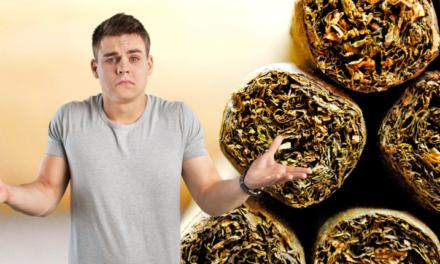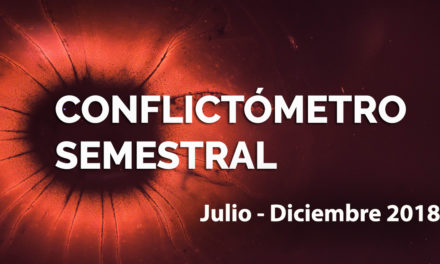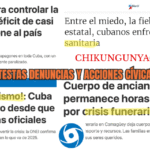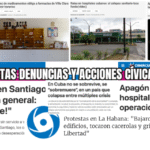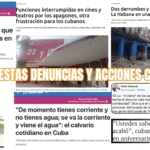On May 19 (2023), precisely one day before the 121st anniversary of Cuba’s independence from Spanish colonialism, and on the 128th anniversary of the fall in combat of José Martí, the Father of the Republic, ironically a pact was signed in Havana to turn Cuba into a kind of neo-colony; rather, a colony of the Russian Empire headed by the new Tsar Vladimir I.
It was signed with great fanfare by Dimitri Chernyshenko, second head of the Russian government, and Putin’s personal envoy, and Miguel Díaz-Canel, principal assistant to dictator Raúl Castro, with the position of “president” of Cuba.
In the presence of what seemed reminiscent of a nineteenth-century Spanish colonial Captain General, the nominal head of the Castro government was full of praise for the Eurasian empire founded by Ivan the Terrible. He reaffirmed “Cuba’s unconditional support for the Russian Federation in its confrontation with the West,” and then implored Russia for “comprehensive solutions to Cuba’s problems” and promised it a “mutual benefit.”
That is, the “President” of the “Republic” of Cuba I.e., independent country, was begging a foreign government to give “comprehensive solutions to the problems” that his government is incapable of giving.
Castro’s media silenced the unfavorable conditions set by Moscow
Of course, the Castro regime did not dare to broadcast in the state media the part of Chernyshenko’s speech in which it dictated without much dissimulation the conditions that Castroism must meet to receive the Russian colonialist crumbs.
In that censored segment of his speech, the second man of the Russian government said that the Havana regime is a “trusted friend,” but that it is “essential to make a road map to incorporate these preferences, which perhaps could need some changes in Cuba’s legislation.” He did not detail what changes the Kremlin wants, but “to understand few words are enough” and announced a meeting in June at the highest level between the two governments.
Meanwhile, the Castro leadership continues to grovel for weak concessions. Diaz Canel prefers passing the bill to Putin in exchange for Cubas unfettered support for Russia’s war on Ukraine. Although they won’t admit it, this has had a political cost for Cuba, especially because it has stopped the rapprochement with Havana promoted by the Biden Administration.
With its failing state, The Castro Regime sits down to beg for Russian scraps.
By crawling before Putin, Díaz-Canel feels entitled to reiterate the requests for favors and alms that he has been asking for since 2018 (and have not been approved or put into effect to date): that Russia completely absolve the Cuban debt; send Cuba more cheap oil, fertilizers, raw materials, wheat, and Russian tourists; to modernize the obsolete FAR; and resurrect the “collaboration” projects (gifts) that were suspended due to lack of infrastructure and the Cuban gov’t defaulting on its loans.
Along with Chernysenko, a swarm of executives from 52 Russian companies, mostly mafia bosses, traveled to Havana. They met with GAESA mobsters and bureaucrats from 106 enterprises that are encompassed within Cuba’s devastated economy. The Russian representatives outlined what Castro’s businessmen must do to benefit from an eventual invasion of Russian companies and what steps should be taken to establish the new market economic model, of Russian making.
Turning Cuba into a ‘maquiladora’ for low-cost export
Since there is no viable internal market in Cuba (nor an external one, since not even sugar can be exported) the Russian capitalists aspire to turn the island into a kind of Russian maquiladora. That is, to produce at little cost in Cuba, with a very cheap workforce, and export large to Latin America, the United States, Canada, Europe and beyond. They want to produce in Cuba to sell with the advantage of low costs, not to supply a market that does not exist.
It would be beneficial if there was a large and thriving domestic and foreign market in Cuba, but that involves privatizations, the liberation of the productive forces, etc.; something already in the political terrain and a huge concern to the incapacitated gerontocracy headed by Raúl Castro and the historical dinosaurs of the Sierra Maestra.
The fact of the matter is at 92 years old, Raul Castro is the boss in Cuba. Neither Diaz-Canel, nor Prime Minister Manuel Marrero, nor the entire Political Bureau, nor anyone else on the island has more “political-revolutionary” power on the island than the Castro II “troika” ( a group of three people working together, especially in an administrative or managerial capacity), Ramiro Valdés and Machado Ventura, nor the generals who support the dictatorship, who respond to that troika. Before making an important decision, those three nonagenarians (a person who is from 90 to 99 years old) have to give their approval, or nothing is decided, period.
Then, the following question falls by gravity: is Raul “The Cruel” and the remaining veterans of the Sierra Maestra to do that? To end the “continuity” of the “revolution”, privatize most of the Cuban economy/ countryside, and “betray” Fidel Castro’s legacy of a centrally planned economic system? Do they have another not-so-“counter-revolutionary” option?
We will continue to find possible answers to these questions, and the repercussions of this Castroist submission to a foreign (real imperialist) power.




